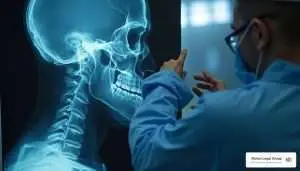Lawyers, are you looking for a new area of expertise that will challenge your legal skills? Look no further than premises liability! As a legal concept, premises liability is often misunderstood or overlooked by many despite its crucial role in protecting the rights of individuals injured on someone else’s property which is the short answer to, What is premises liability law?
In this comprehensive guide, we’ll dive into everything you need to know about premises liability in law. Keep reading to broaden your knowledge and perhaps even add a new area of expertise to your legal practice. Let’s get started!
Understanding Premises Liability
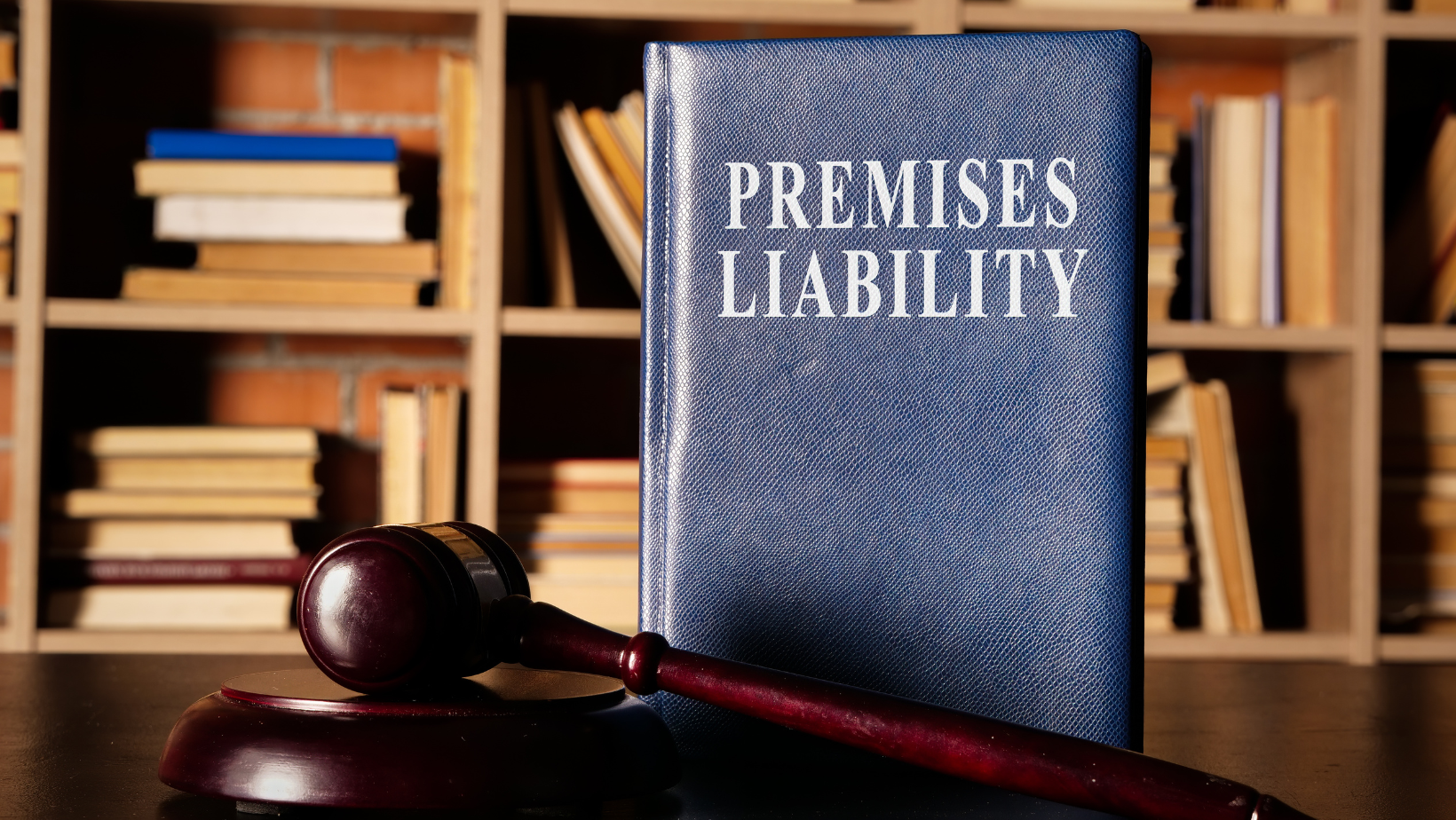
To define premises liability law, it is a legal concept that deals with the responsibility of a property owner for any injuries or damages on their premises. In simpler terms, it holds the property owner liable for harm caused to others while they are on their property. This could include slip and fall accidents, dog bites, inadequate security, or any other incident that leads to physical, emotional, or financial harm.
Property owners must understand their obligations under premises liability law as it protects the rights of those who enter their property and safeguards them from potential lawsuits. As an experienced premises liability lawyer, understanding premises liability is crucial in representing either side of such cases and ensuring that justice is served. To properly analyze this topic, it is important to break down the term into its two components: “premises” and “liability.” This will give us a better understanding of the scope and implications of this legal concept.
Factors To Consider in Premises Liability Cases
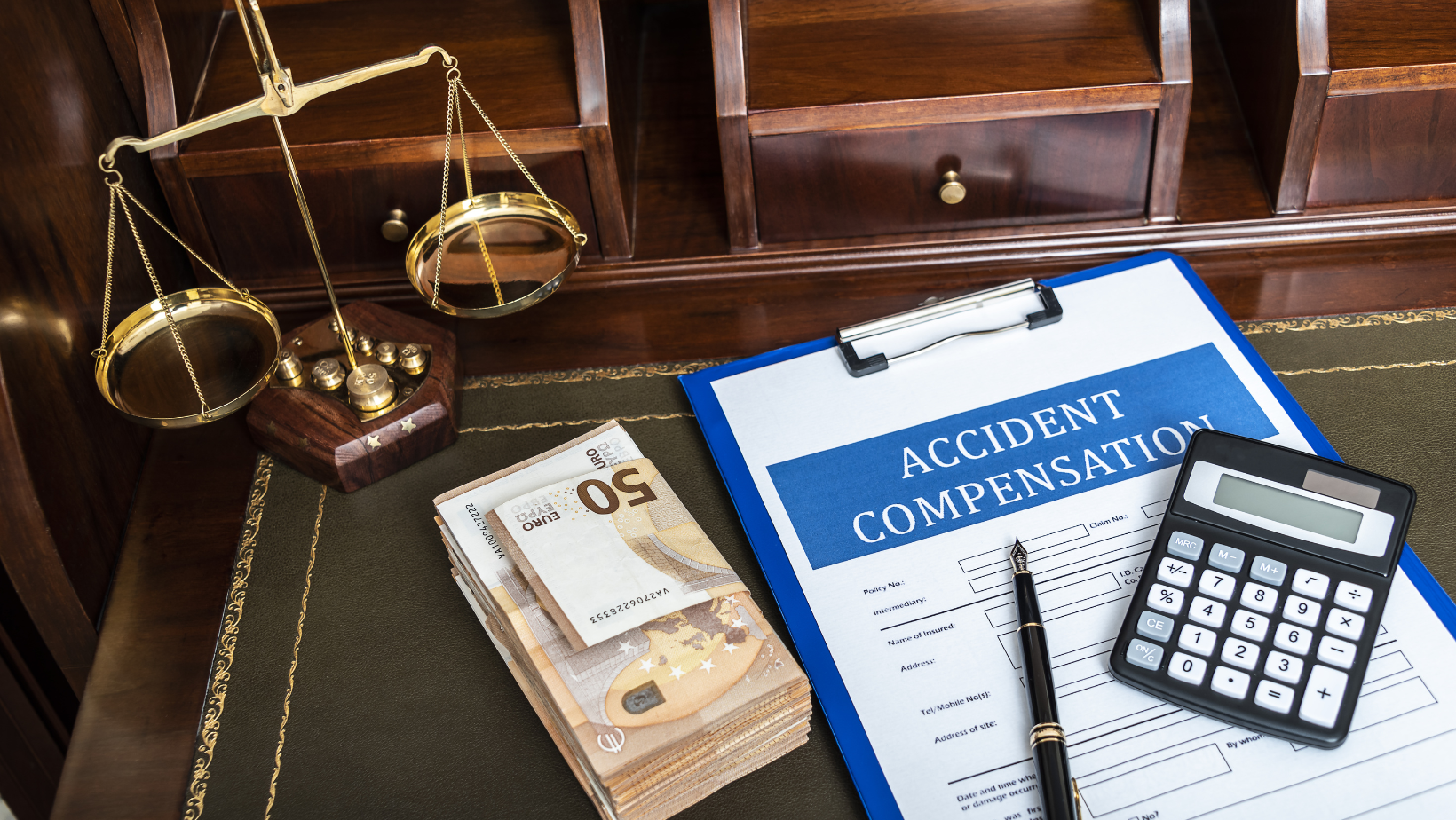
Premises liability cases can be complex, and several factors must be considered when determining liability. These include the following:
Legal Status of The Injured Person
The legal status of the injured person is a crucial factor in premises liability cases as it determines the level of care owed to them by the property owner. There are generally three categories for legal status: invitee, licensee, and trespasser. An invitee has been invited onto the property for business purposes, such as a customer at a store. A licensee has permission to be on the property but not for business purposes, such as a social guest. A trespasser is someone who enters the property without permission.
The highest level of care is owed to invitees, followed by licensees and then trespassers. This means that property owners must take reasonable steps to ensure the safety of invitees while only warning licensees of potential dangers and not deliberately harming trespassers. As a lawyer, understanding the legal status of the injured person is crucial in determining the level of care owed to them and building a strong case.
Property Owner’s Duty of Care
Another important factor in premises liability cases is the property owner’s duty of care towards those on their premises. This refers to their legal obligation to ensure the safety and well-being of anyone on their property. As mentioned earlier, the duty of care level depends on the injured person’s legal status.
A business owner has a higher duty of care towards customers than a homeowner does towards social guests. Understanding this duty of care is crucial in determining whether the property owner breached their responsibility and if they can be held liable for any injuries or damages.
Notice of Hazardous Conditions
It is important to note that property owners are not automatically liable for any accidents or injuries on their premises. They can only be held responsible if they have prior knowledge of a hazardous condition and fail to address it. This “notice” requirement means that the property owner must have been aware, or should have been aware, of the dangerous condition and had a reasonable amount of time to fix it.
If a customer slips and falls on a wet floor in a grocery store, the property owner may not be liable if they can prove that they were unaware of the spill and did not have enough time to clean it up. However, if there was an ongoing leak in the same spot for several days with no attempt to fix it, the property owner could be deemed negligent and held liable for any resulting injuries.
Foreseeability
Foreseeability is a cardinal component in premises liability cases, and it hinges on whether the property owner could reasonably predict the potential risk or harm that led to an accident. Foreseeability is not about expecting property owners to anticipate every possible accident. Instead, it revolves around the idea of “reasonable foreseeability.” This implies that if a person, using ordinary intelligence and living under similar circumstances, could predict an event leading to harm, it is deemed foreseeable.
Suppose a property owner leaves a deep hole uncovered in a well-trafficked part of their property. It is reasonably foreseeable that someone might fall into the hole and get injured. If such an event occurs, the property owner may be liable for the resulting injuries because they should have anticipated the danger and taken steps to prevent it. As a lawyer, understanding and articulating the concept of foreseeability is vital in determining the property owner’s potential liability.
Proximate Cause
Proximate cause is an essential element in premises liability cases, and it refers to the direct cause of the injury or damages. In other words, it determines whether the hazardous condition was directly responsible for the accident and resulting harm. For example, if a person trips on a broken step and sprains their ankle, the proximate cause would be the broken step, not the sprained ankle.
Proving proximate cause is crucial in premises liability cases as it links the hazardous condition to the resulting injury or damages. As a lawyer, understanding this concept is vital in building a strong case and determining the property owner’s potential liability.
Comparative Negligence
Comparative negligence is another factor that plays a significant role in premises liability cases. It refers to the degree to which the injured person’s actions contributed to their injury or damages. In some states, if the injured person is found to be partially responsible for their injuries, their compensation may be reduced based on their percentage of fault.
If a person is injured on a property because they were texting while walking and failed to notice a hazardous condition, the court may consider them partially at fault for their injuries. In such cases, the compensation awarded may be reduced based on their level of negligence.
Causation
Closely related to proximate cause, causation links the hazardous condition and the resulting injury or damages. In other words, it determines whether the hazardous condition caused the accident and subsequent harm.
To prove causation in a premises liability case, it is essential to establish that the hazardous condition was responsible for the accident and not any other external factors. This can be done through evidence such as witness testimonies, video footage, and expert opinions.
Benefits of Understanding Premises Liability Law
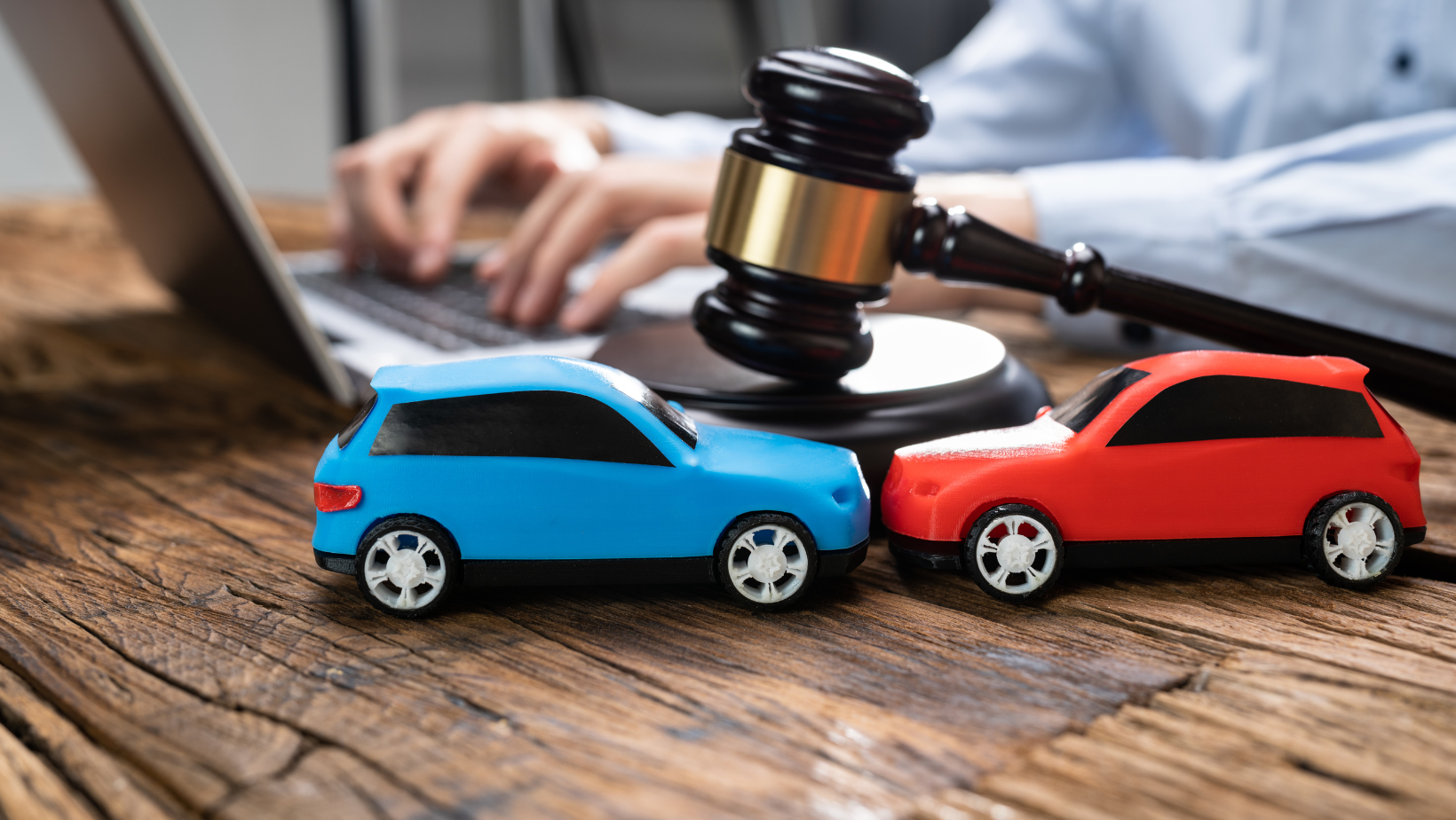
Pursuing a premises liability case can be complex, requiring a thorough understanding of the law and its components. As a lawyer, having a deep understanding of premises liability can benefit you in several ways. Here are reasons why understanding premises liability law is crucial for any lawyer:
Ability to Evaluate Potential Cases
A deep understanding of premises liability law empowers lawyers to evaluate potential cases and determine their viability accurately. This involves scrutinizing the legal status of the injured person, the property owner’s duty of care, notice of hazardous conditions, foreseeability, proximate cause, comparative negligence, and causation. By comprehending these elements thoroughly, lawyers can effectively assess the strengths and weaknesses of a case, providing invaluable guidance to their clients.
This not only contributes to the development of a strong and successful practice but also ensures that clients receive fair and just representation. Precise evaluation of potential cases saves valuable time and resources for both the lawyer and their clients.
Ability to Build Strong and Convincing Cases
Understanding the intricacies of premises liability law allows lawyers to build strong and convincing cases for their clients. This includes gathering relevant evidence, interviewing witnesses, analyzing property maintenance records, reviewing surveillance footage, and utilizing expert opinions. By skillfully weaving these elements, lawyers can establish a compelling narrative that persuades judges and juries to rule in their client’s favor. A solid grasp of the law also allows lawyers to anticipate possible counterarguments and effectively address them, further strengthening their case.
Ability to Negotiate Fair Settlements
Negotiating fair settlements is a critical component of premises liability cases. Lawyers with a deep understanding of the law can navigate this process effectively. By comprehending the intricacies, lawyers can accurately assess their client’s damages and advocate for just compensation. A comprehensive grasp of premises liability law allows lawyers to persuasively argue for the property owner’s responsibility, facilitating settlements encompassing all aspects of their client’s injuries.
Ability to Protect Clients’ Rights and Interests
Premises liability cases often involve vulnerable and injured individuals seeking compensation for their personal injury claim. As a lawyer, understanding the law is crucial in protecting your client’s rights and interests. By skillfully navigating through the legal intricacies of premises liability, lawyers can ensure that their clients receive just and fair treatment. This includes advocating for their clients’ rights to compensation and accurately representing their interests in court. A strong understanding of the law also allows lawyers to identify potential client rights violations and take appropriate legal action.
Increased Client Satisfaction
A comprehensive knowledge of premises liability law increases client satisfaction by enabling lawyers to provide accurate and reliable guidance. By thoroughly evaluating potential cases, building strong arguments, negotiating fair settlements, and protecting clients’ rights, lawyers can ensure that their clients are satisfied with the outcome of their case. This leads to a positive experience for the client and contributes to building a loyal client base and garnering positive reviews and referrals.
Professional Growth
Continuous professional growth is crucial to maintaining a successful and reputable practice as a lawyer. Understanding premises liability law allows for accurate evaluation of potential cases and effective representation of clients’ attractive nuisance and contributes to personal and professional development. By constantly staying updated on changes in the law, interpreting case precedents, and developing strategies to navigate complex legalities, lawyers can enhance their knowledge and skills, positioning themselves as experts in the field.
This leads to individual growth and adds value to the legal community. With a deep understanding of premises liability law, lawyers can confidently take on challenging cases, attract high-profile clients, and establish themselves as trusted advisors in the legal industry. By continuously expanding their knowledge and expertise in this area of law, lawyers can elevate their professional standing and set themselves apart from the competition.
Contributing to a Safer Society
Property owner’s liability law is crucial in promoting safety and protecting individuals’ rights. As lawyers, understanding this area of law allows us to hold property owners accountable for maintaining safe premises, which can prevent future accidents and injuries from occurring. By advocating for our clients’ rights and seeking just compensation, we also create awareness among property owners, encouraging them to prioritize safety and prevent future incidents. This benefits our clients and helps create a safer and more responsible society.
Things To Avoid When Dealing With Premises Liability Cases
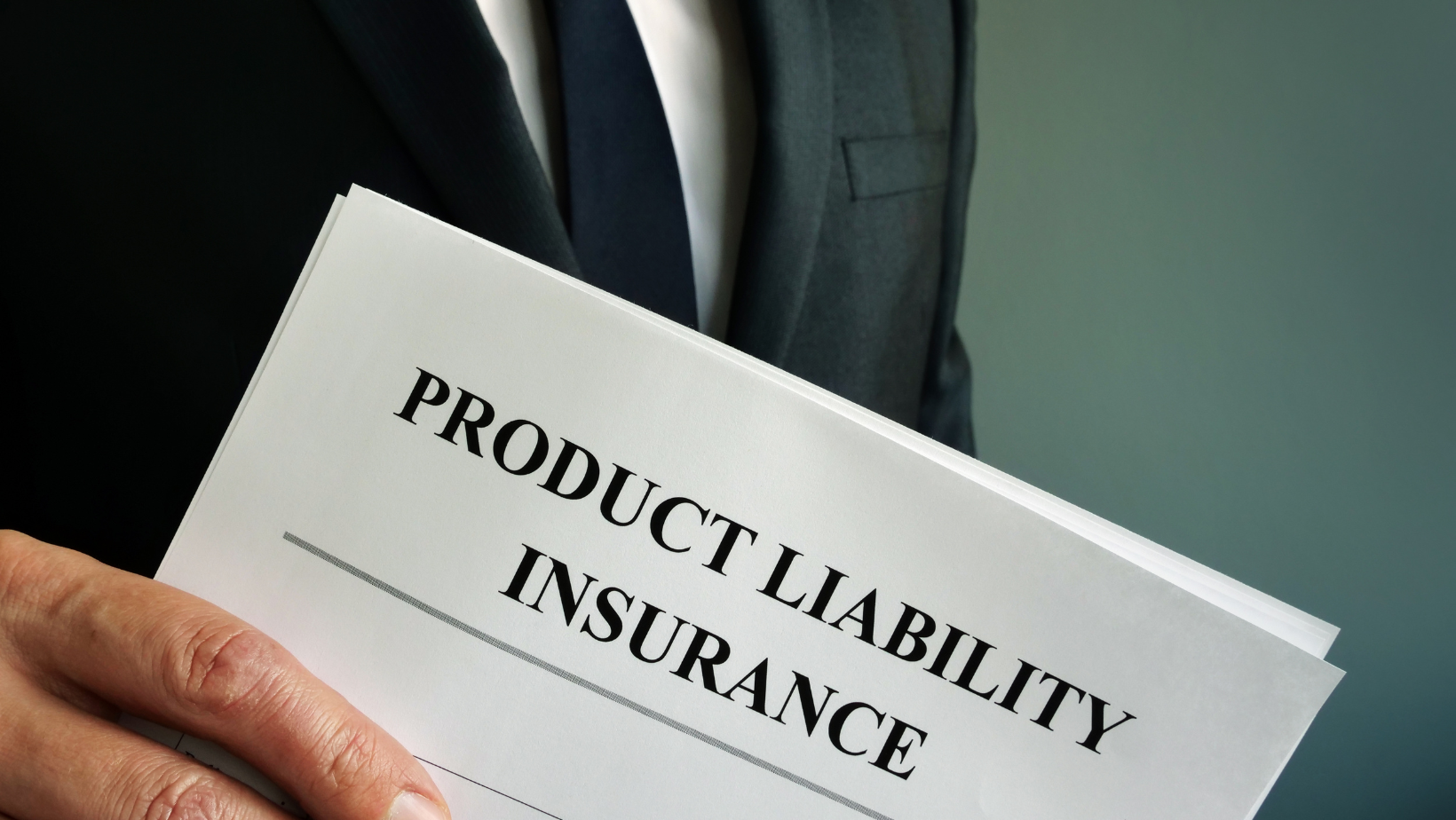
While understanding premises liability law is crucial, there are also certain things that lawyers should avoid when handling these cases. These include:
Rushing to Settle Without Proper Evaluation
Rushing to settle a premises liability case without proper evaluation can harm the lawyer and their client. Premises liability cases are complex and require careful consideration of various factors, such as the extent of the injuries, property maintenance records, and potential arguments from the opposing party. By rushing to settle, lawyers may miss vital evidence or underestimate the value of their client’s damages, resulting in an unfair and inadequate settlement.
This not only affects the client’s satisfaction but can also damage the lawyer’s reputation and credibility. Therefore, it is crucial for lawyers to thoroughly evaluate a case before entering into any negotiations or settlements.
Neglecting to Communicate with Clients
Effective communication is key in any legal case, and premises liability cases are no exception. Lawyers must maintain clear and regular communication with their clients to keep them informed about the progress of their case, discuss any developments, and address any concerns or questions they may have. Neglecting to communicate with clients can lead to misunderstandings, frustration, and a lack of trust in the lawyer’s abilities. This hinders the case’s success and damages the lawyer’s relationship with their client. Regular and transparent communication can prevent misunderstandings and build a strong working relationship with clients.
Underestimating the Importance of Documentation
Documentation is crucial in building a strong case and proving liability in premises liability claims. All evidence, from medical records to property maintenance logs, should be carefully collected, organized, and presented to support the client’s premises liability claim. Underestimating the importance of documentation can weaken a case and make it more challenging to negotiate a fair settlement or argue successfully in court. Lawyers should prioritize collecting and organizing all necessary documentation and consult with experts when needed to strengthen their case.
Failing to Stay Updated on Changes in the Law
Premises liability accident laws are constantly evolving, and lawyers must stay updated on any reasonable care updates. Failing to do so can result in inaccurate evaluations of cases, outdated arguments, and missed opportunities for their clients. By staying up-to-date on changes in the law, lawyers can ensure that they are providing the best representation for their clients and adapting to any new legal precedents or requirements. This also demonstrates a commitment to professional growth and continued improvement in the field.
Conclusion
A thorough understanding of premises liability law is essential for lawyers to provide quality representation to their clients and establish themselves as experts in the legal industry. By continuously expanding their knowledge, avoiding common mistakes, and prioritizing effective communication with clients, lawyers can successfully navigate the complexities of premises liability cases and achieve positive outcomes for their clients. This leads to increased client satisfaction and contributes to the growth and betterment of the legal community.
So, keep learning, stay updated, and confidently take on premises liability cases to build a successful career in law. Whether you are just starting your legal journey or have been practicing for years, understanding and mastering premises liability law is crucial for professional growth and contributing to a safer society.


